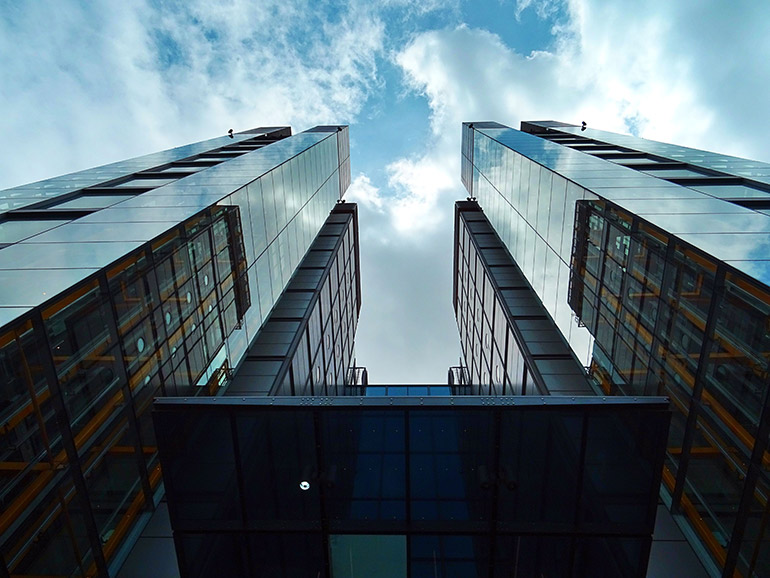Nigeria, like many other countries, is facing the challenges of rapid urbanization and environmental degradation. However, amidst these challenges lies a beacon of hope – sustainable building practices. Embracing green and eco-friendly construction methods is not just a trend but a necessity to ensure a greener and more sustainable future for Nigeria. In this blog post, we will explore the importance of sustainable building practices in Nigeria and the positive impact they can have on the environment and society as a whole.
Reducing Carbon Footprint
Sustainable building practices in Nigeria primarily focus on reducing the carbon footprint of construction projects. Traditional construction methods often involve substantial energy consumption and greenhouse gas emissions. By adopting sustainable practices such as using locally sourced materials, incorporating energy-efficient designs, and installing renewable energy systems like solar panels, the construction industry can significantly minimize its environmental impact and contribute to Nigeria’s climate change mitigation efforts.
Resource Conservation
The construction industry is a significant consumer of natural resources like water, timber, and minerals. Sustainable building practices prioritize resource conservation by promoting the use of recycled materials, responsibly sourced wood, and water-efficient technologies. By minimizing resource consumption, Nigeria can preserve its valuable ecosystems and ensure that future generations have access to vital resources.
Improving Indoor Air Quality
Indoor air quality is a crucial aspect of sustainable building practices that often goes unnoticed. Conventional construction materials can emit harmful toxins and volatile organic compounds (VOCs), negatively impacting occupants’ health. Sustainable buildings prioritize materials with low VOC emissions and incorporate natural ventilation systems, leading to healthier indoor environments and increased productivity for residents and workers.

Waste Reduction and Recycling
Construction and demolition waste account for a significant portion of Nigeria’s landfill waste. Sustainable building practices emphasize waste reduction and recycling by encouraging on-site waste segregation, salvaging materials, and using innovative recycling techniques. This not only reduces the burden on landfills but also helps in conserving resources and lowering project costs.
Promoting Green Spaces and Biodiversity
Sustainable building practices extend beyond the buildings themselves to encompass the surrounding environment. Integrating green spaces, rooftop gardens, and urban forests into construction projects enhances biodiversity, improves urban microclimates, and provides recreational areas for communities. These green features contribute to the overall well-being of residents and contribute to the preservation of Nigeria’s natural beauty.
Conclusion
Sustainable building practices are not a mere luxury but an essential pathway to creating a greener and more sustainable future in Nigeria. By prioritizing energy efficiency, resource conservation, waste reduction, and healthy living spaces, the construction industry can play a pivotal role in mitigating the environmental challenges the country faces. Adopting sustainable building practices is a collective responsibility that involves the cooperation of government, developers, architects, and the public. Together, we can pave the way for a greener Nigeria, one sustainable building at a time.




